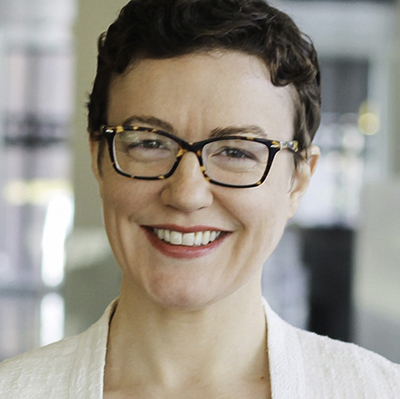
If flourishing is related to our lived daily experience, and approximately 50% of our waking hours are spent working, how do our workplaces contribute to, and diminish, our ability to thrive? Students are exposed to an array of research-informed strategies that have been applied in a variety of disciplines and workplaces, including business, education, health care, and nonprofit organizations. Exploration of case studies and salient research topics such as relationships at work, positive leadership, prosocial behavior, and our sense of meaning and purpose, guide our learning. Students gain an understanding of the variables that contribute to our ability to flourish and spread positivity at work and understand how we both experience and shape our work environments through our individual contributions.
Students will have a more robust learning experience in this course if they first complete Introduction to Positive Psychology.
*Academic credit is defined by the University of Pennsylvania as a course unit (c.u.). A course unit (c.u.) is a general measure of academic work over a period of time, typically a term (semester or summer). A c.u. (or a fraction of a c.u.) represents different types of academic work across different types of academic programs and is the basic unit of progress toward a degree. One c.u. is usually converted to a four-semester-hour course.
Instructors
- Faculty, Penn LPS Online Certificate in Applied Positive Psychology
Diane is an experienced author, lawyer, mediator, organizational consultant, and executive coach with experience in the private, nonprofit, and public… Read more
- Senior Fellow, The Wharton School's Center for Leadership & Change Management
Dr. Meredith Myers is a Senior Fellow in the Wharton School's Center for Leadership & Change Management and has served as faculty at the University of Pennsylvania since 2009, working within the Wharton School, the School of Social Policy & Practice (SP2), and the Positive… Read more


